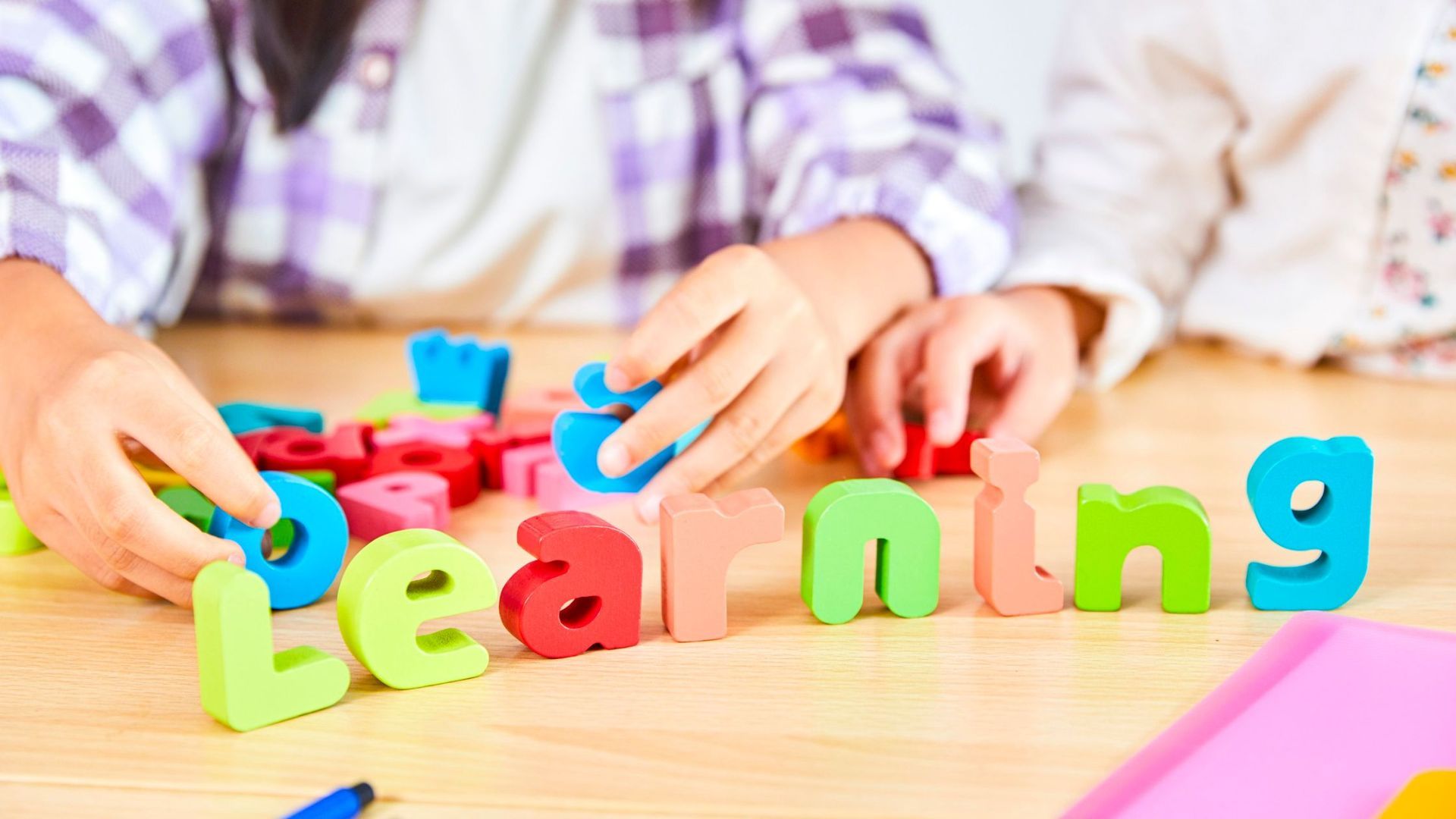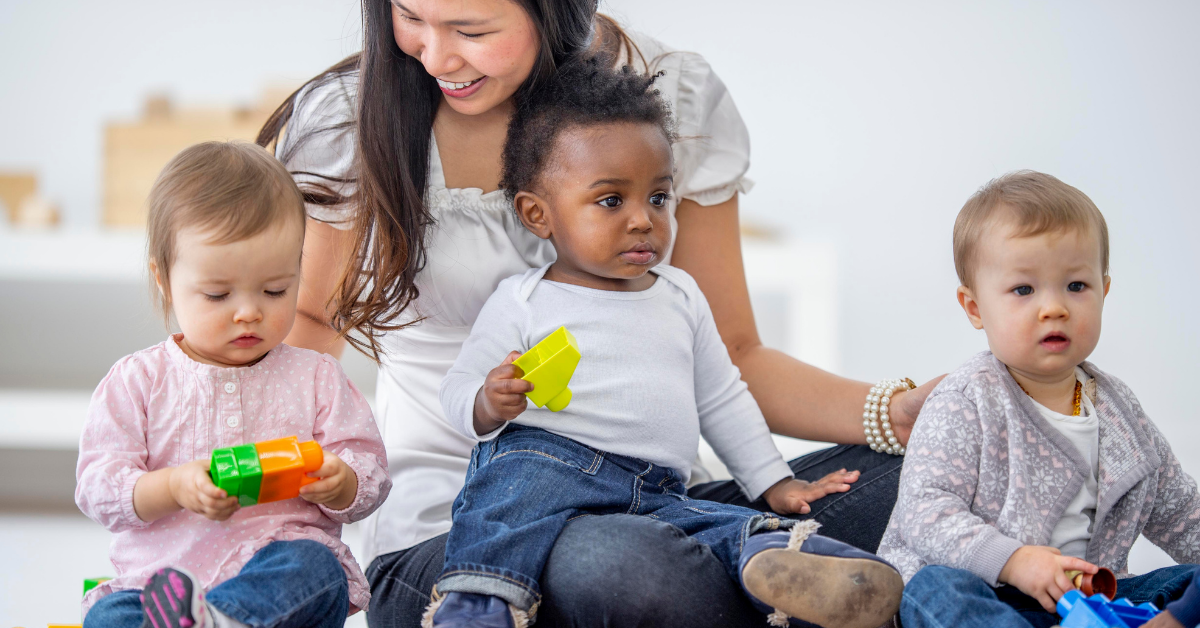Encouraging Social Skills in Young Children

Developing strong social skills in early childhood is essential for building positive relationships, fostering communication, and developing emotional intelligence. Young children learn to interact with others through play, structured activities, and daily interactions with caregivers and peers. Encouraging social skills early on helps children navigate friendships, collaborate in group settings, and develop confidence in their ability to communicate and connect with others. Here’s how parents and educators can help young children build strong social skills.
Building Communication Skills
Effective communication is at the heart of social development. Encouraging children to express themselves through words, gestures, and facial expressions helps them learn how to interact with others. Conversations with caregivers, storytelling, and role-playing activities provide opportunities for children to practice verbal and nonverbal communication.
Reading books with strong social themes can also help children understand different perspectives. Discussing how characters interact and resolve conflicts encourages empathy and emotional awareness, both of which are crucial for forming relationships.
Encouraging Cooperative Play
Play is one of the most effective ways for children to develop social skills. Cooperative play activities, such as building a tower together, engaging in pretend play, or completing a puzzle with a friend, teach children how to share, take turns, and negotiate.
Board games and team-based outdoor activities further reinforce skills like patience, compromise, and teamwork. By providing opportunities for collaborative play, parents and educators create an environment where children learn to engage with peers in positive ways.
Teaching Empathy and Emotional Intelligence
Empathy is a key component of strong social skills. Teaching children to recognize and understand emotions in themselves and others helps them build meaningful relationships. Simple activities, such as discussing emotions, role-playing scenarios, and encouraging kindness, promote emotional intelligence.
Encouraging children to talk about their feelings and recognize the emotions of their peers helps them develop compassion and social awareness. This understanding strengthens their ability to resolve conflicts and support others in need.
Promoting Active Listening
Listening is just as important as speaking in social interactions. Teaching children to listen attentively, make eye contact, and respond appropriately helps them build stronger relationships. Parents and educators can model active listening by giving children full attention during conversations and encouraging them to do the same with others.
Games like “Simon Says” and storytelling activities that require children to recall details help reinforce listening skills in a fun and engaging way.
Encouraging Independence and Decision-Making
Confidence in social settings often comes from a sense of independence. Allowing children to make small decisions—such as choosing their play activity, selecting a snack, or deciding how to solve a problem—helps them develop self-assurance and assertiveness in social situations.
Encouraging independence also means allowing children to navigate social challenges, such as resolving minor disagreements with peers. Providing guidance rather than direct intervention allows children to develop problem-solving skills and learn from their experiences.
Providing Opportunities for Group Interactions
Social skills develop through interaction, so creating opportunities for group engagement is crucial. Playdates, group storytime sessions, and structured classroom activities provide children with the chance to practice socializing in different environments.
Extracurricular activities like dance, sports, or art classes offer additional opportunities for children to interact with peers, follow instructions, and build relationships outside their immediate family.
Modeling Positive Social Behavior
Children learn by observing the behavior of the adults around them. Demonstrating kindness, patience, and respect in everyday interactions teaches children how to engage positively with others.
Using polite language, greeting people warmly, and resolving conflicts calmly provide children with a model for effective social interaction. Encouraging gratitude and appreciation in daily conversations also fosters a positive approach to social relationships.
Helping Children Navigate Conflict Resolution
Conflicts are a natural part of social interaction, and learning how to resolve them effectively is an essential life skill. Teaching children simple conflict-resolution strategies—such as using “I” statements, taking turns speaking, and finding compromises—helps them handle disagreements constructively.
Guided role-play scenarios can provide children with practice in resolving conflicts before they arise in real-life situations. Encouraging problem-solving rather than immediate adult intervention helps children become independent and confident in their ability to manage social challenges.
Developing strong social skills in early childhood is closely linked to sensory play, which enhances communication, cooperation, and emotional regulation. Explore the importance of sensory play in fostering these skills here. Additionally, reading plays a vital role in early social development by helping children understand emotions, perspectives, and storytelling cues. Learn more about the role of reading in early childhood development here.
Conclusion
Encouraging social skills in young children is an ongoing process that requires patience, guidance, and plenty of opportunities for interaction. By fostering communication, empathy, cooperation, and problem-solving abilities, parents and educators can equip children with the tools they need to build strong relationships and thrive in social settings.
Providing a supportive environment where children feel encouraged to express themselves and engage with others helps them develop confidence and social awareness that will benefit them throughout life.










